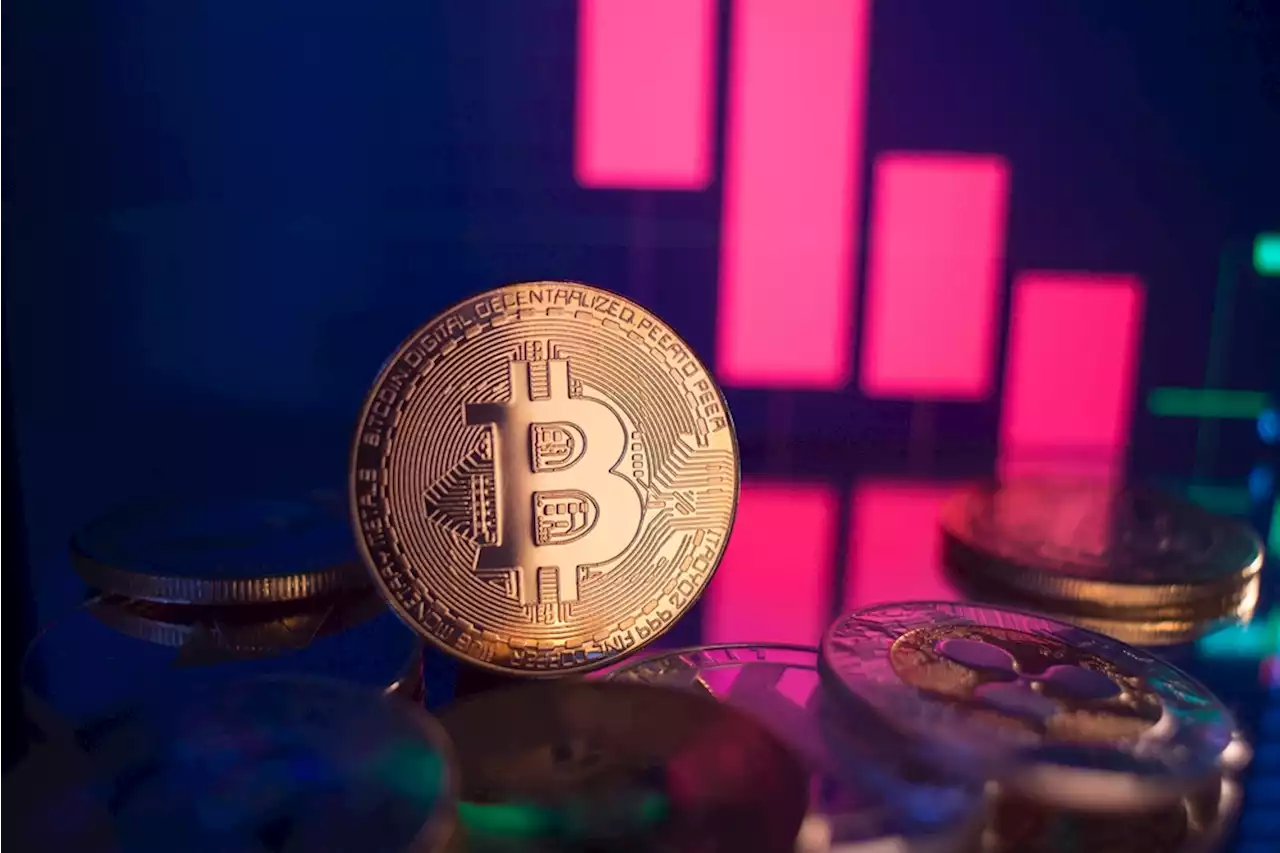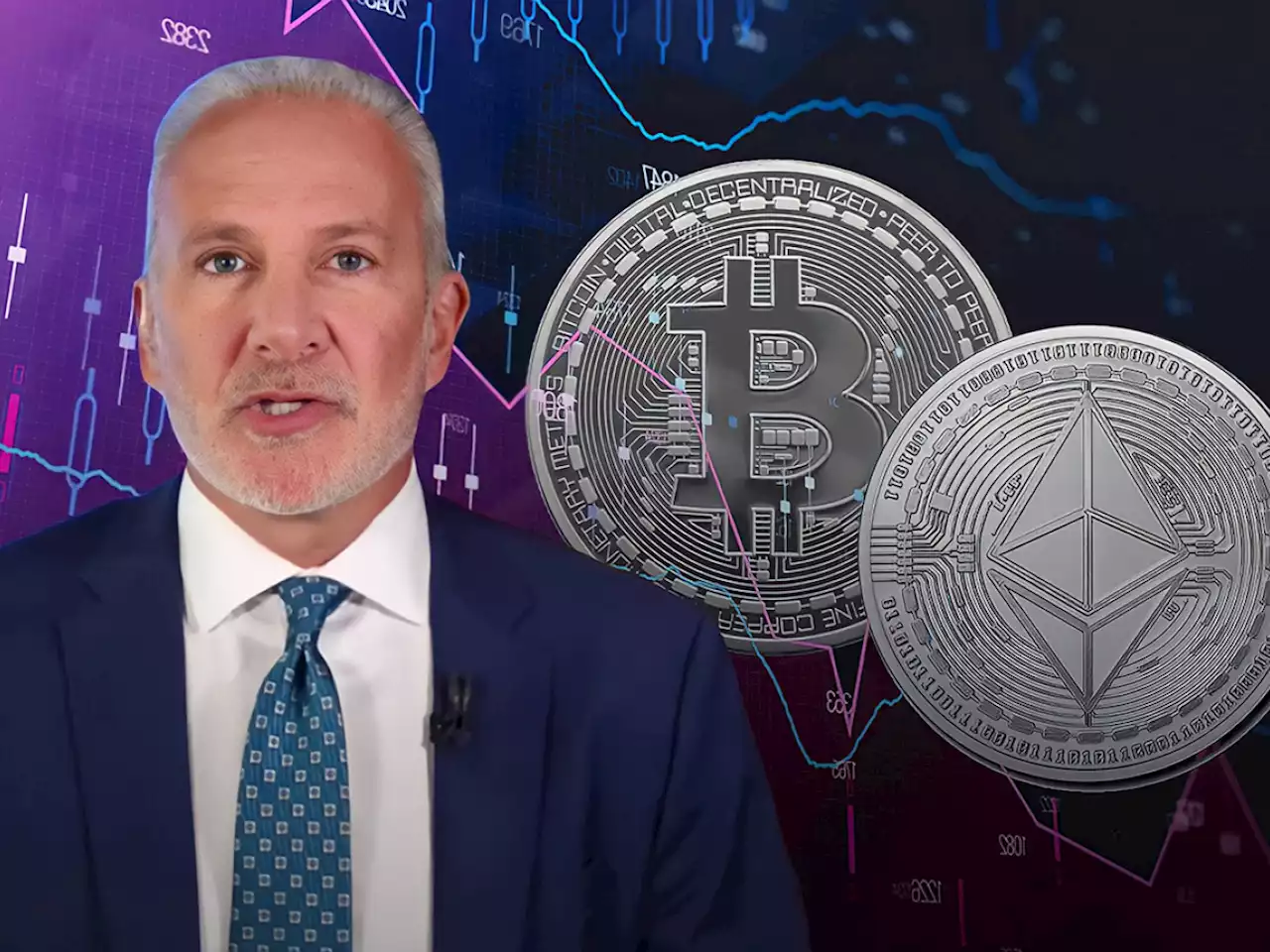“We absolutely can get a repeat of this tomorrow. The financial fallout in currencies, bonds and stocks is going to send the economy into a recession — no ifs, ands, or buts about it,' said Bond trader Tom di Galoma.
Financial markets are on precarious footing since last Friday’s surprise reading on accelerating U.S. inflation for May — with Treasurys, stocks, credit and currencies all exhibiting friction or tension ahead of the Federal Reserve’s interest-rate decision on Wednesday.
“If Powell is unclear about the next step for July, the markets will react with volatility,” Emons of Medley Global Advisors, based in New York, said via phone on Tuesday. “We are dealing with the worst inflation combination you could wish for and the Fed is not just behind curve, but behind 10 curves.”
— Bond trader Tom di Galoma Financial-market volatility “really took off” from Thursday into Friday, when people started to position on the view that May’s CPI report would be worse than thought, Emons said. Pressure built over the weekend “until it hit extremes on Monday.” Emons sees the potential for higher inflation expectations to lead to expectations for a higher fed funds rate, which will “accelerate into the economy going into a contraction.
“Markets are fragile because expectations are at an extreme dire point,” Emons wrote. One BofA survey “has the stagflation trade put on in size: long cash, US dollar, commodities, healthcare, resources, high quality, and value stocks, while short bonds, European and emerging-market stocks, tech and consumer shares.”
“We absolutely can get a repeat of this tomorrow,” di Galoma said. “The financial fallout in currencies, bonds and stocks is going to send the economy into a recession — no ifs, ands, or buts about it.” The Wall Street Journal’s article was likely seen by policy makers as “putting a Band-Aid on the selloff, but ambiguity around July would trigger a selloff.”
Beyond stocks and bonds, rising volatility measures support the idea of unsettled credit and currency markets, said Chandler, chief market strategist at Bannockburn Global Forex. Still, he pushes back on the notion of an “instant recession”, saying downturns take time to develop and much will still depend on how much the labor market and American consumer hold up. He notes that there’s been no destruction of demand for gasoline, which recently hit a national average of $5 a gallon.
Österreich Neuesten Nachrichten, Österreich Schlagzeilen
Similar News:Sie können auch ähnliche Nachrichten wie diese lesen, die wir aus anderen Nachrichtenquellen gesammelt haben.
 What to Watch Today: Wall Street Set to Rise After S&P 500 Officially Closed in Bear MarketU.S. stock futures bounced after Tuesday’s cooler inflation report and ahead of Wednesday’s big Fed decision.
What to Watch Today: Wall Street Set to Rise After S&P 500 Officially Closed in Bear MarketU.S. stock futures bounced after Tuesday’s cooler inflation report and ahead of Wednesday’s big Fed decision.
Weiterlesen »
 Market Wrap: BTC Tumbles Further Ahead of Fed Meeting; Extreme Fear Among TradersMARKET WRAP: Bitcoin (BTC) dropped another 5% on Tuesday as fearful traders await a decision by the U.S. Federal Reserve that will likely hike interest rates by 75 basis points. HeleneBraunn reports
Market Wrap: BTC Tumbles Further Ahead of Fed Meeting; Extreme Fear Among TradersMARKET WRAP: Bitcoin (BTC) dropped another 5% on Tuesday as fearful traders await a decision by the U.S. Federal Reserve that will likely hike interest rates by 75 basis points. HeleneBraunn reports
Weiterlesen »
 Recession risks grow as dismal inflation report erodes odds of Fed 'soft landing'Odds on Wall Street are growing that the Federal Reserve will inadvertently trigger an economic recession as it moves to cool sizzling-hot inflation with a series of rate hikes.
Recession risks grow as dismal inflation report erodes odds of Fed 'soft landing'Odds on Wall Street are growing that the Federal Reserve will inadvertently trigger an economic recession as it moves to cool sizzling-hot inflation with a series of rate hikes.
Weiterlesen »
 Bitcoin Price Falls to Lowest Level Since December 2020 as Ether Plunges 35% in a Week | CoinMarketCap❌ Bitcoin has fallen to lowest level since December 2020 ❌ BTC's price sank below $24,000 on Monday ❌ Ether down to $1,225 after 35% plunge over past seven days ❌ Many altcoins are performing even worse ❌ Selloffs also seen across global markets
Bitcoin Price Falls to Lowest Level Since December 2020 as Ether Plunges 35% in a Week | CoinMarketCap❌ Bitcoin has fallen to lowest level since December 2020 ❌ BTC's price sank below $24,000 on Monday ❌ Ether down to $1,225 after 35% plunge over past seven days ❌ Many altcoins are performing even worse ❌ Selloffs also seen across global markets
Weiterlesen »
 Bitcoin to $20,000 and Ethereum to $1,000, Says Economist and Gold Advocate Peter SchiffAs analyst suggests, cryptocurrency market may fall even deeper over weekend, as traders look for ways of de-risking portfolios
Bitcoin to $20,000 and Ethereum to $1,000, Says Economist and Gold Advocate Peter SchiffAs analyst suggests, cryptocurrency market may fall even deeper over weekend, as traders look for ways of de-risking portfolios
Weiterlesen »
